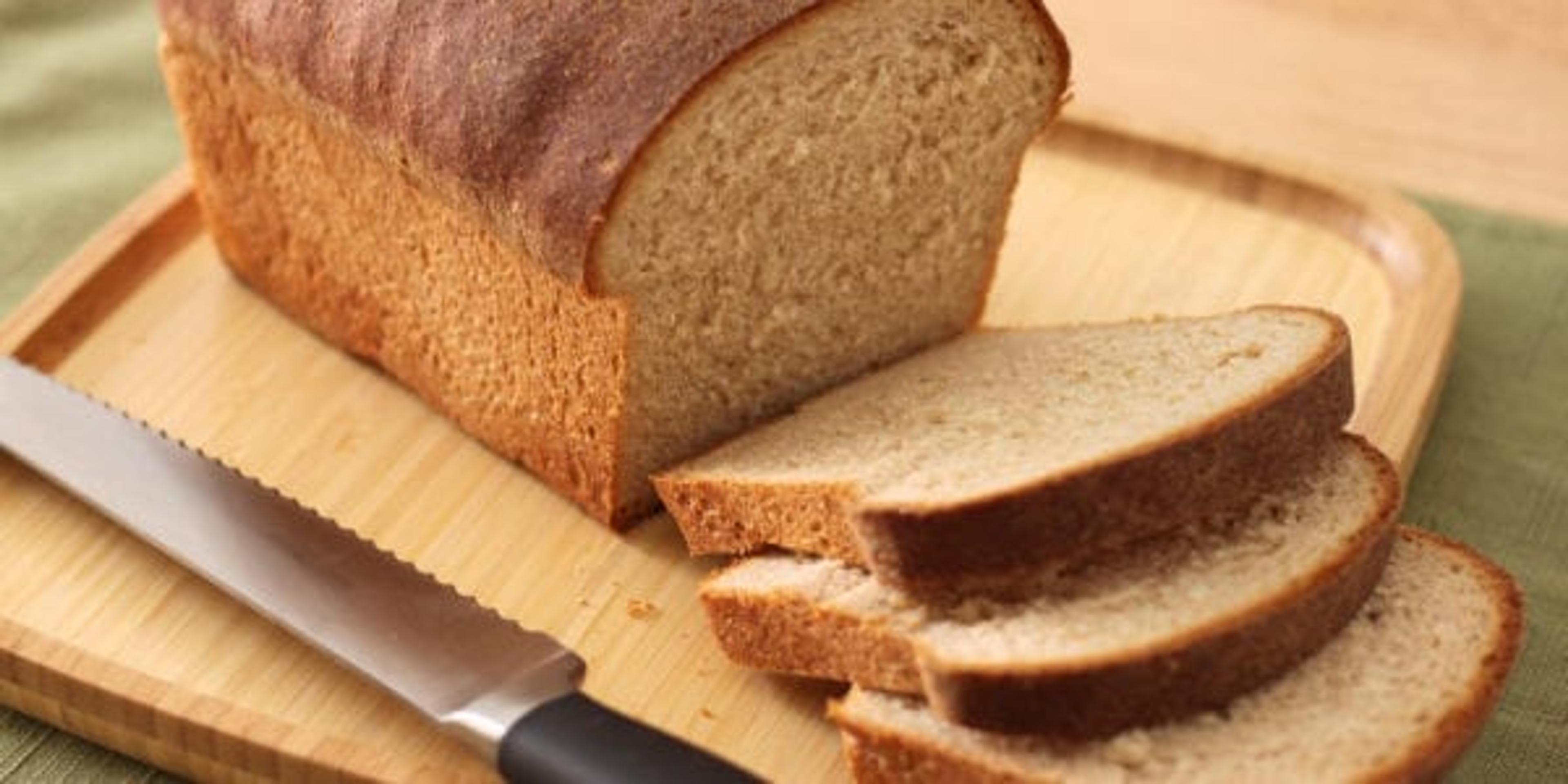8 Healthy-Sounding Foods that Aren’t
| 4 min read

We all know to eat our fruits and vegetables and limit processed foods, but just because you assume something is good for you doesn’t mean it really is. Certain foods have gained a healthy reputation and don’t really deserve them. Other times a food starts out healthy but sugar and fat are added.
That’s the bad news. The good news is that by educating yourself on labels, titles and ingredients, you can ensure you’re eating truly healthy food. Here are eight “healthy” foods that might not deserve their wholesome reputation:
- Granola: Don’t be misled: Sugar and calories can be hidden in this popular breakfast favorite. A bowl full of plain granola can contain 500 calories or more—without milk or any additions.
Try this instead: Chia seeds and raw quinoa sprinkled on yogurt can provide the same flavors and textures as granola without the unhealthy sugar. If you’re craving real granola, try whipping up a batch of your own so you can control what goes in.
- Baked beans: Everyone knows beans are healthy, right? While most beans are great sources of protein and nutrients, covering them with super sweet molasses and high-fat bacon cancel out those benefits.
Try this instead: There are tons of great ways to season black beans, white beans and chickpeas with natural ingredients. Try lemon juice and herbs or simple spices.
- Dried fruit: Many dried fruits have added sweeteners like sugar and corn syrup added to them for flavoring and preservatives, so be sure to be mindful of the ingredient list. Also, because they’re usually small and deceptively healthy, it’s easy to overindulge and rack up calories and sugar intake.
Try this instead: When in doubt, a piece of whole fruit is typically better for you than the dried alternative. It has a lot less sugar more nutrients and skipped the processing step.
- Margarine: Though once thought to be better for you than butter, many margarines are packed with unhealthy trans fats that can raise cholesterol levels and your risk for heart disease.
Try this instead: Like anything, real butter is fine in moderation. But there are also a number of great alternatives that provide the same flavor without the unhealthy fats. Try topping toast with avocado, baking with mashed bananas or applesauce and sautéing in olive oil.
- Veggie chips: Whether baked, fried or made in another way, the sweet potatoes, spinach and tomatoes that make up veggie chips are in such small quantities and are so processed that their nutritional value is minimal. Plus, more often than not, these chips are usually deep fried!
Try this instead: Much like the case with dried and whole fruit, your best bet is raw veggies over processed chips. But if you still crave the crunch, healthy DIY kale chips are a great alternative.
- Wheat bread: All bread is made with wheat, so don’t be fooled by false packaging claims. Unless the label says that the bread is 100 percent whole wheat or grain, it’s likely no more nutritious than white bread.
Try this instead: Seek the “whole” truth in whole grain. Bread labeled as 100 percent whole wheat or whole grain is your best bet because it has more fiber and nutrients.
- Diet soda: Although it has no calories or sugar, diet soda is detrimental to your health. Sipping on it regularly can increase your risk for diabetes, erode tooth enamel and even impact your mental health.
Try this instead: Water, tea or natural sodas are all great alternatives if you find plain water too, well, plain.
- Gluten-free products: Gluten-free diets are designed for those with Celiac Disease, but they’ve become trendy in recent years as a way to lose weight. That said, just because a product is gluten-free doesn’t mean it’s low in sugar or saturated fat.
Try this instead: Unless you experience signs of Celiac Disease or gluten intolerance, you’re better off maintaining a balanced diet of both gluten-free and gluten-based foods. A balanced diet of vegetables, lean proteins and whole grains can keep your diet and digestive system on track.
Looking for more health myths that aren’t actually true? Check out these blogs:
Photo credit: Emily Carlin





